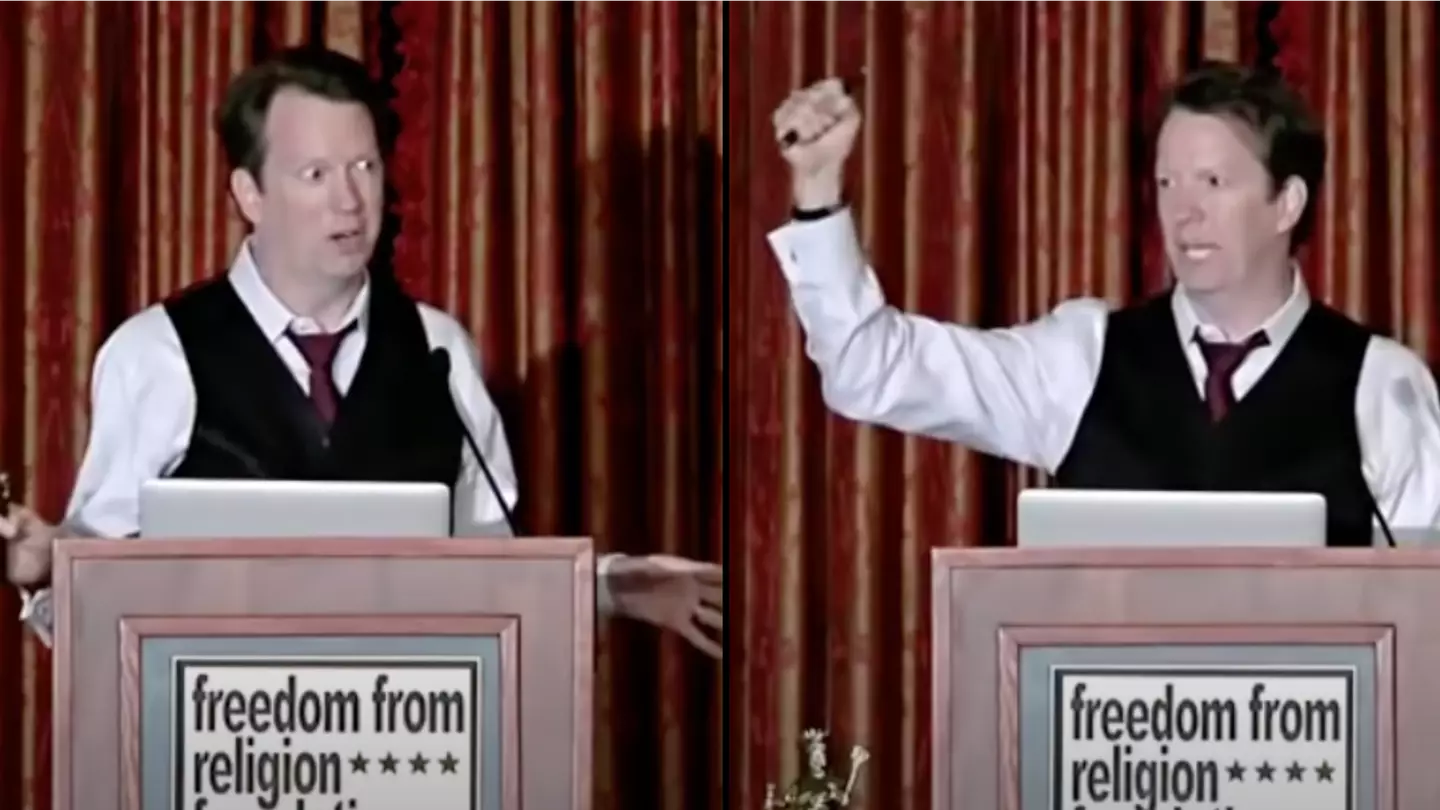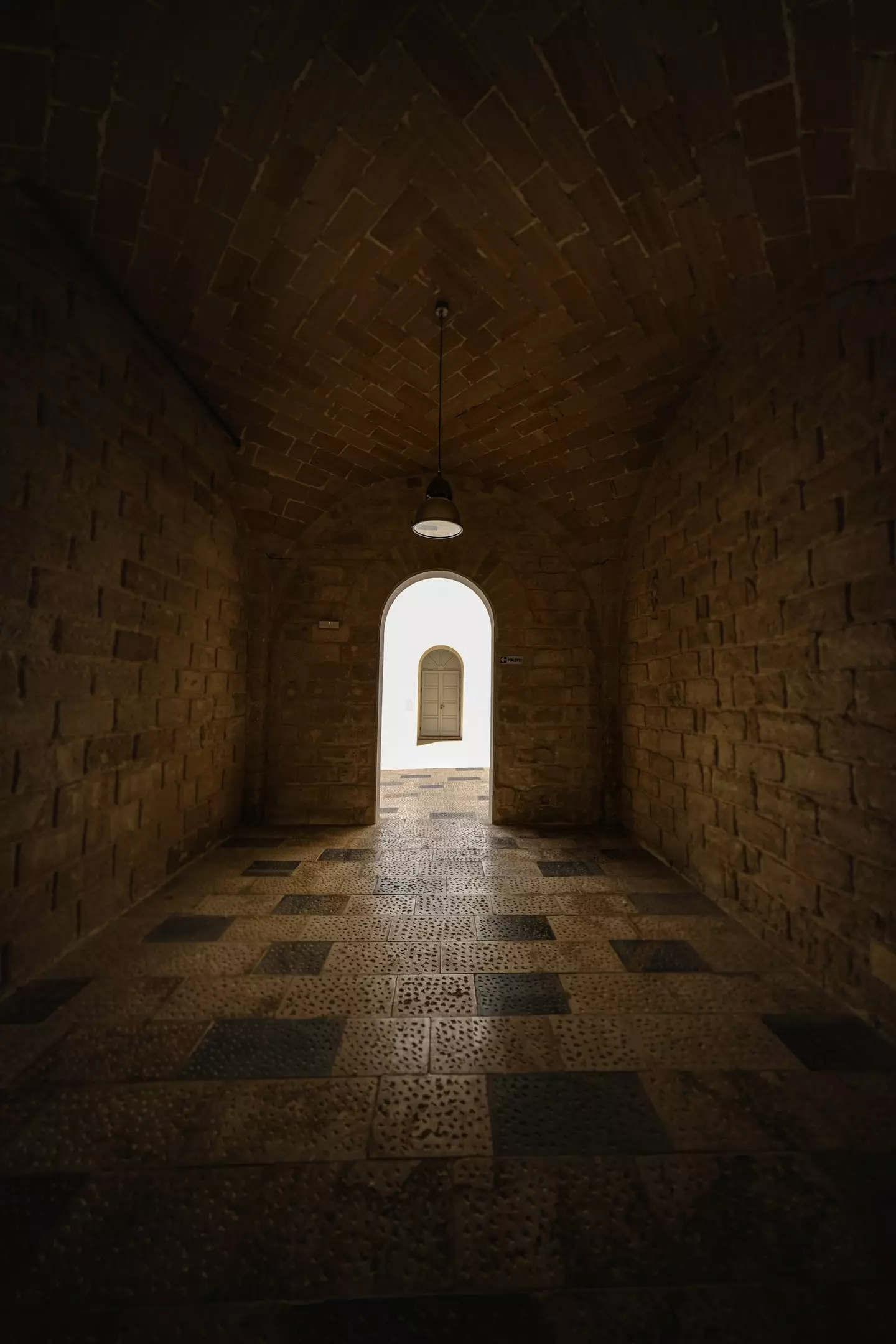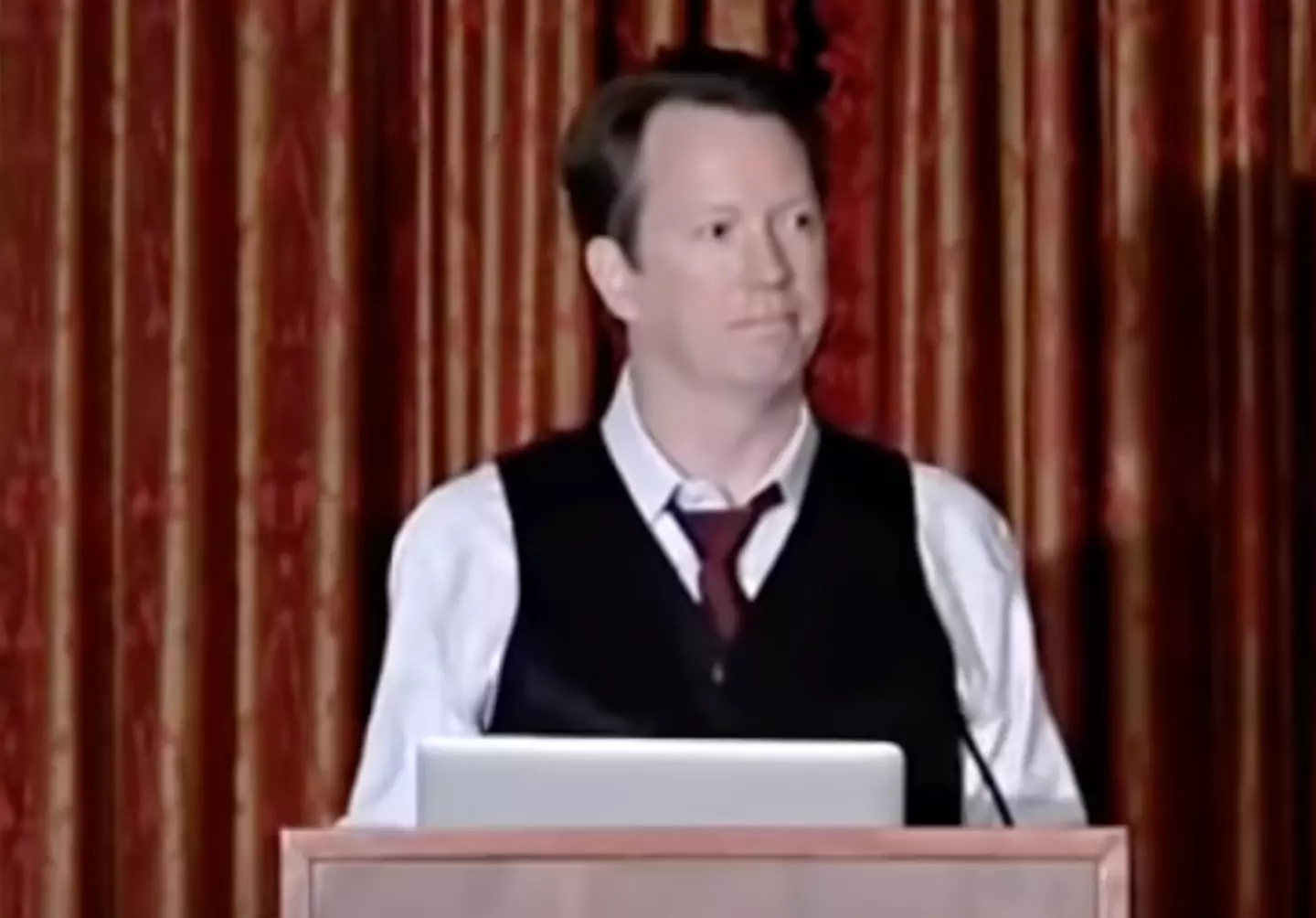
A scientist's speech on why there's no life after death was met with vigorous applause from an audience.
Death isn't the most fun topic to think about. But when many of us - religious or not - think about death, it's nice to believe death isn't the end for us and that we go on to someplace else, whether it be heaven, reincarnation or some sort of afterlife.
However, American theoretical physicist and philosopher, Professor Sean Caroll has other ideas.
In 2014, upon receiving the 'Emperor Has No Clothes' Award from the Freedom From Religion Foundation for his 'Atoms and Eve Incompatible' speech, Caroll explained why he doesn't think afterlife is plausible.
A clip of Caroll's acceptance speech, which was uploaded to YouTube by Bernie Zarsoff, records the professor saying: "There are even many atheists and naturalists who think we just can't say whether there is life after death, there is no evidence one way or the other.
Advert
"So I want to tell you that we can say that there is no life after death. Sorry."
The scientist's words are met with applause and even laughter from members of the audience. And the clapping doesn't stop there.

Caroll goes on to breakdown his argument as simply as he can, saying 'an afterlife isn't credible' because 'the mind is the brain'.
Despite only being on his first point, one member of the audience can be heard clapping loudly in the background.
Advert
"Thank you brain fans, I like that," Caroll responds.
Secondly, Caroll notes the brain 'is made of atoms' and thirdly - a more 'controversial one' - we 'know how atoms work'.
"They work in such a way that when you die, there is no way for the information that was you to persist after death. There's no way for that stuff, that knowledge, that set of beliefs and feelings that made you you, to leave your body, because it is stuck there with the atoms which are decaying in your tomb or being cremated," Caroll continues.
Cue more laughter and applause.

Advert
Caroll notes while scientists are 'nowhere close to understanding all of physics' such as 'the non-everyday' like 'dark matter, quantum gravity [and] the Big Bang,' or 'macroscopic emergence' either, the evidence scientists do have favours 'quantum field theory' which is how we 'understand atoms'.
He says: "We know enough to say if there are any other forces, particles, fields, phenomena, they can't affect the atoms in your brain because either they're so weak they'd have no affect on what the atoms are doing or we would have found them in experiments. Those are the only two options."
The professor resolves: "Our fundamental framework could be completely wrong. But there is zero evidence for that."

Caroll gives another two options when weighing up people's arguments and 'the evidence' in favour of an afterlife.
Advert
The first is 'some ill-defined metaphysical substance, not subject to the known laws of physics, interacts with the atoms of our brains in ways that have thus far eluded every controlled experiment ever performed in the history of science'.
The second: "People hallucinate when they are nearly dead."
From the laughter and applause which continues throughout Caroll's speech, including a vigorous response to his final point, it would appear most people in the audience seem to agree with Caroll's theory about the afterlife - or lack of.
But what do you think?
Topics: Science, World News, US News, YouTube, Social Media